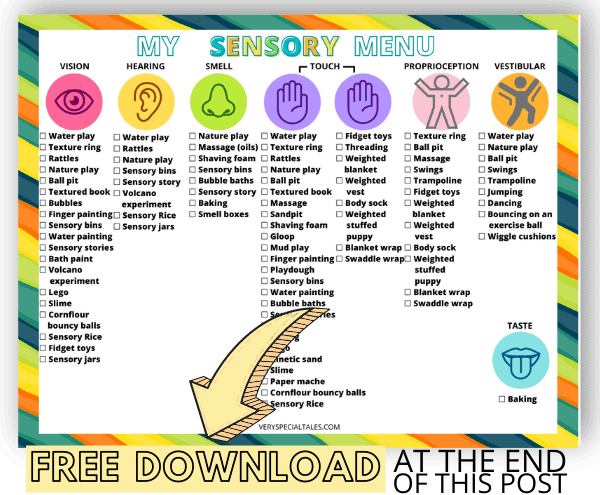
Exploring Fundamental Child Development Principles
Child development is a complex and fascinating journey, influenced by various factors that shape a child’s physical, cognitive, and socio-emotional growth. Understanding the principles that guide this process is crucial for parents, educators, and caregivers. In this article, we delve into the fundamental principles of child development, shedding light on key aspects that contribute to a child’s overall well-being.
Nature vs. Nurture: A Delicate Balance
One of the enduring debates in the field of child development is the interplay between nature and nurture. Nature refers to the genetic and biological factors that influence development, while nurture encompasses environmental influences such as parenting, culture, and social interactions. Researchers emphasize the importance of both factors, highlighting the delicate balance that contributes to a child’s unique developmental path.
The Role of Early Experiences
Early childhood experiences play a pivotal role in shaping a child’s development. Positive experiences during the early years can foster healthy brain development, emotional regulation, and social skills. Conversely, adverse experiences may have long-lasting effects on a child’s well-being. Creating a supportive and nurturing environment in the early years sets the foundation for future growth and resilience.
Cognitive Development: Building Blocks of Learning
Cognitive development encompasses a child’s intellectual growth, including processes like memory, problem-solving, and language acquisition. Jean Piaget, a pioneer in the field, identified stages of cognitive development that highlight how children construct knowledge and understanding of the world. Providing stimulating and age-appropriate learning experiences is essential for fostering cognitive development.
Social and Emotional Development: Nurturing Relationships
Social and emotional development are intertwined aspects of a child’s overall well-being. Building healthy relationships with caregivers, peers, and the community contributes to social competence and emotional resilience. Creating a secure attachment with a primary caregiver is particularly crucial, as it forms the basis for a child’s ability to form and maintain relationships later in life.
The Importance of Play in Development
Play is not just a pastime for children; it is a vital avenue for learning and development. Through play, children explore their surroundings, develop motor skills, and enhance their creativity. Structured and unstructured play opportunities contribute to physical, cognitive, and socio-emotional development. Recognizing the value of play in a child’s life is essential for promoting holistic development.
Cultural Influences on Development
Culture plays a significant role in shaping a child’s values, beliefs, and identity. Cultural practices, traditions, and societal norms influence various aspects of a child’s development, including language acquisition, socialization, and cognitive processes. Embracing cultural diversity and understanding its impact on development is crucial for creating inclusive and supportive environments.
Adapting to Individual Differences
Children are unique individuals with distinct temperaments, interests, and learning styles. Recognizing and appreciating these individual differences is essential for effective parenting and education. Tailoring approaches to meet the specific needs of each child fosters a positive and supportive environment for their development.
In conclusion, understanding the fundamental principles of child development is essential for anyone involved in the care and education of children. By recognizing the interplay between nature and nurture, valuing early experiences, and appreciating the importance of play and cultural influences, we can create environments that promote optimal development. To delve deeper into Child Development Principles, visit igaseng.com for additional insights and resources.



